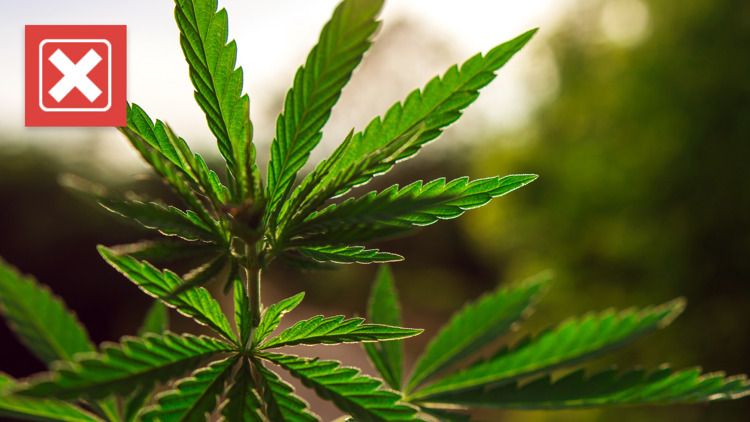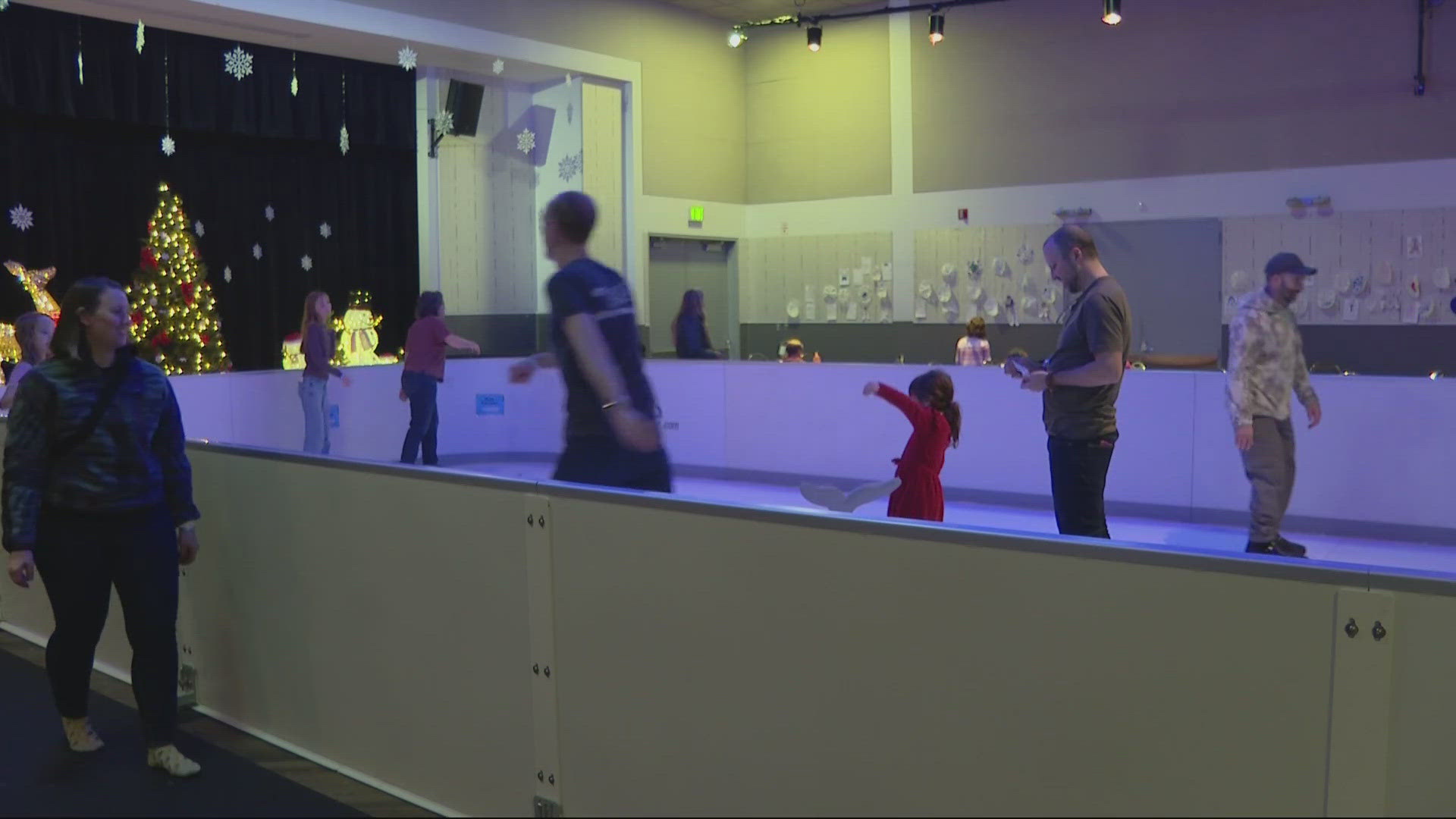President Joe Biden announced several key marijuana reforms on Thursday, Oct. 6, fulfilling a promise he made on the campaign trail.
“As I’ve said before, no one should be in jail just for using or possessing marijuana. Today, I’m taking steps to end our failed approach,” Biden wrote in a tweet.
Following the announcement, Google Trends data show people were asking whether Biden legalized marijuana nationwide.
THE QUESTION
Did President Biden legalize marijuana nationwide?
THE SOURCES
THE ANSWER
No, President Biden didn’t legalize marijuana nationwide. He announced a pardon of all prior federal offenses of simple possession of marijuana.
WHAT WE FOUND
Though Biden announced significant marijuana reforms on Oct. 6, his administration hasn’t legalized the drug nationwide.
Biden is granting a “full, complete and unconditional pardon” to Americans with prior federal offenses of simple marijuana possession, according to a proclamation shared by the White House on Oct. 6. These pardons extend only to “current United States citizens and lawful permanent residents.”
But Biden’s actions don’t automatically extend to U.S. states, as he made clear in a statement. The president said he is “urging all governors” to pardon state offenses, too.
A person’s first federal marijuana possession offense carries misdemeanor penalties, and is punishable by up to one year in jail and a minimum fine of $1,000.
Biden said in his statement that he has “directed the attorney general to develop an administrative process for the issuance of certificates of pardon to eligible individuals.”
“There are thousands of people who have prior federal convictions for marijuana possession, who may be denied employment, housing, or educational opportunities as a result,” he continued. “My action will help relieve the collateral consequences arising from these convictions.”
More from VERIFY: Yes, a Colorado law prohibits Mike Tyson from selling his ear-shaped edibles in the state
Additionally, Biden is asking the secretary of Health and Human Services (HHS) and the attorney general to review how the drug is classified under federal law. The Department of Justice confirmed in a statement that its officials will work with HHS to “launch a scientific review” on this topic.
But that doesn’t make any immediate changes to marijuana’s federal legalization status.
Marijuana is currently classified as a Schedule I substance under federal law. These drugs are defined as those “with no currently accepted medical use and a high potential for abuse,” according to the U.S. Drug Enforcement Administration (DEA). Heroin, LSD and ecstasy are among the drugs classified as Schedule I substances.
While some state laws allow people to use marijuana for medical or recreational purposes, federal law does not.
“[Cannabis] will not be federally legal until Congress acts to remove it from the Controlled Substances Act,” Morgan Fox, political director at the National Organization for the Reform of Marijuana Laws (NORML), told VERIFY in an email.
Lawmakers have introduced a bill that would decriminalize marijuana, removing it from the list of scheduled substances under the Controlled Substances Act and eliminating criminal penalties for anyone who “manufactures, distributes, or possesses” the drug.
The bill passed the House on April 1, 2022, but it has not passed the Senate.



